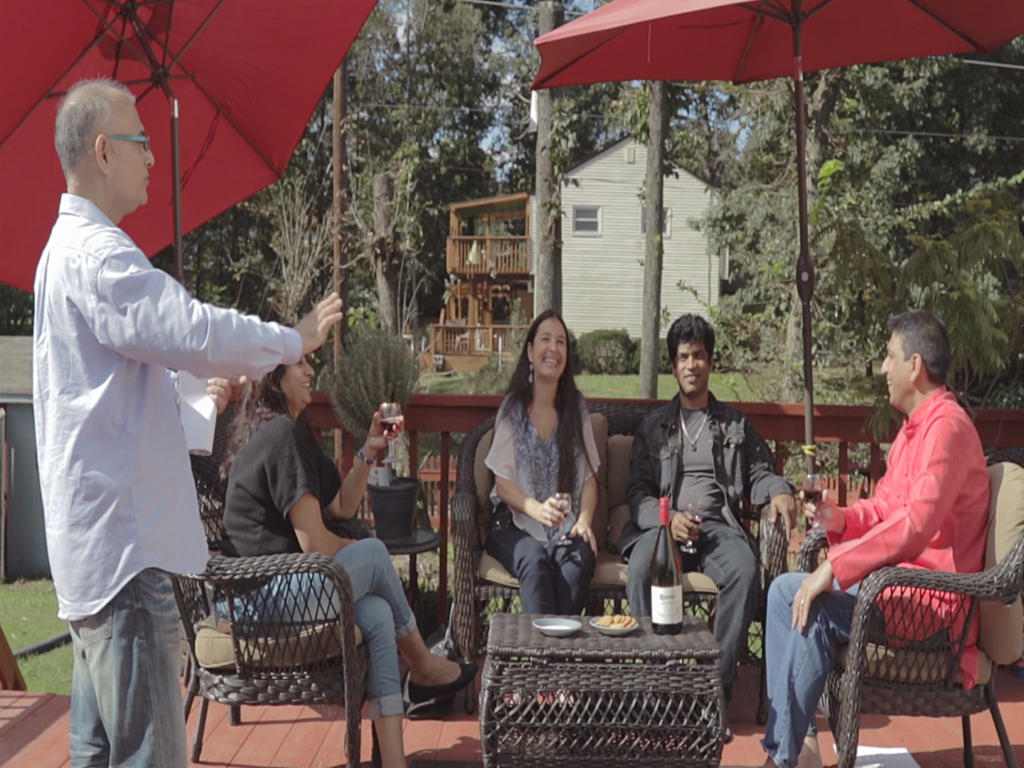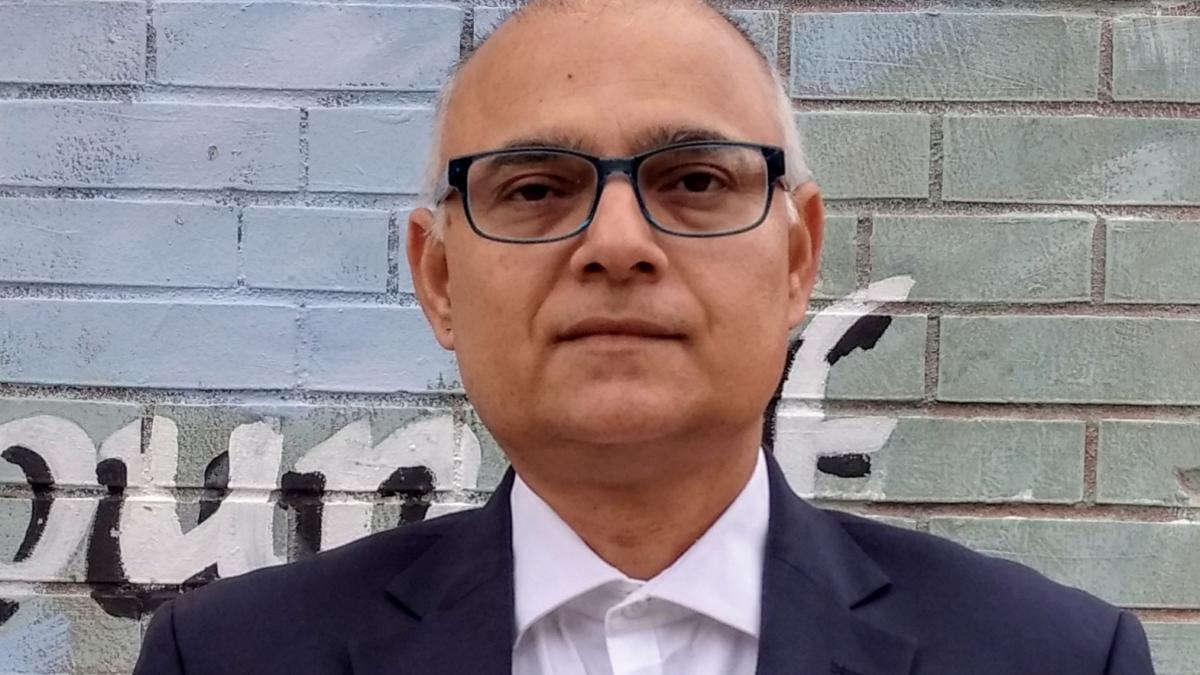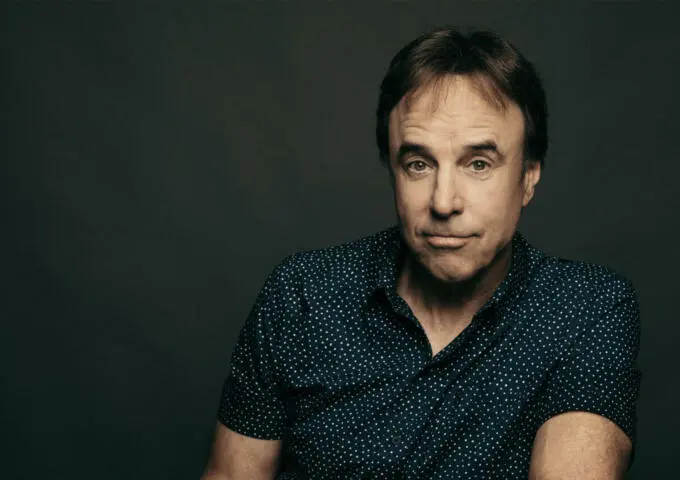Philadelphia film director Rabinder Parasher recently won Best Male Director for his short film, “Colors of Truth,” at the Phoenix Monthly Short Film Festival in Canada.
Parasher has been active in the filmmaking business for the last 23 years. He started as an assistant director in 1997 in Mumbai, India, to Bollywood film directors Tanuja Chandra and Mahesh Bhatt for films like “Dushman,” “Zakhm” and “Sangharsh.” Soon he became a screenplay writer with the feature film “Yeh Hai Mumbai Meri Jaan.”
In 2007, Parasher made his debut as a director in a Bollywood feature film titled “Yeh Sunday Kyun Aata Hai” that addressed child labor in India.
He shifted to Philadelphia a few years ago with a mission to make Hollywood films. He began by opening his own production house, Rabinder Parasher Films of USA LLC, in 2018 and making a web series titled “Playing With the Past” in collaboration with the production houses of his brothers Chander Mohan and Rajesh Prasher.
He made his comeback as a director in a short movie titled “Colors of Truth,” which exposes the abuse of Indian women by their NRI (Non Resident Indian) husbands. Parasher hopes to expose this horrible abuse of Indian women worldwide and reveal the cultural obstacles still present in current-day society. At the same time, this film carries a social message also for those girls who are thinking of marrying abroad.
PW recently caught up with Parasher to talk about his career making movies.
When did you first become interested in making films? Were there any directors who had an early influence on you?
I was born and brought up in Chandigarh, India, and I was so fond of watching movies that most of the time either I was narrating some film scene to my siblings in my own style or I was requesting my parents to make us watch a movie in a theater. My father was a bank manager and my mother was a housewife. On my repeated requests, my dad would book the movie tickets and then we all would go to watch a movie in a theater almost every Saturday as my dad used to have half days in the bank on Saturdays.
In my life, two movies are responsible for developing my interest in becoming a filmmaker. The first film was a Bollywood film titled “Amar Akbar Anthony” directed by Manmohan Desai, which came in 1977, and the second film was “First Blood” directed by Ted Kotcheff, which came in 1983-84 in India, because at that time Hollywood movies used to release a little later in India than their original U.S. release date. It was my first year in college in Chandigarh when I watched “First Blood.” I still remember, I was so moved by “First Blood” that, when I reached home, I made a determination that I will become a film director like Ted Kotcheff one day. That was the time when I first became interested in making films.
Talk a little about “Colors of Truth.” Why did you want to make a movie about the abuse of Indian women by their non-resident Indian husbands? How can people see it?
“Colors of Truth” is an American short movie about a young Indian woman who writes a book on her life titled “Colors of Truth” and reveals how her Indian-American husband abused her in America and how she fought back.
I wanted to make a movie about the abuse of Indian women because, almost two years back, I read an article about an Indian woman who went through the torture of physical abuse by her Indian-American husband and then suddenly one day was abandoned by him making her life a complete hell. I immediately called up my brothers, Chander Mohan and Rajesh Prasher, who are also my co-writers and co-producers in the film. I told them that I will make my comeback as a director with an American short movie based on the abuse of Indian women abroad, so that, through this short film, we can give an important message to those Indian girls who are thinking of marrying a man abroad. So that’s how it started.
Then we conducted research on the abuse of Indian women by their NRI husbands and we wrote the script accordingly. Then I filmed it in Philadelphia with local actors, and we were really lucky that we were able to complete the film in February 2020 just before the pandemic.
Currently we are covering the festival circuit, and after that we will be releasing it on an OTT platform for the people.
The major studios have huge budgets when they make their movies. It can be much more difficult for independent directors and smaller studios. What are some of the challenges you face when making a movie?
A studio film will always have a much bigger budget than an Independent film, because studios have complete knowledge and infrastructure of recovering their money. Actually a director’s specialization is making a film and a studio’s specialization is selling a film, and that’s why, whenever a director finalizes a script, his first wish is to get a studio backup. But when you don’t get a studio backup, then as an independent filmmaker, right from filming to selling, script to screen, you have to take care of everything. This is the biggest challenge we face while making an independent film.

How have the pandemic and all of the restrictions that came with it impacted your career and ability to make films? How have you spent your downtime during self-isolation?
I guess film is the only product in this entire world that cannot be made with restrictions. Now as per the script of our next film, even if I direct a simple exterior scene with the actors or an interior scene with the actors, at some point actors will have to come very close to each other or may hug or kiss each other as per the requirement of the scene, but we cannot do it due to the concerns over the coronavirus and with the well-being of our cast and crew as the number one priority. So that’s why we have decided to postpone the production of our next film projects.
During self-isolation, I did yoga and meditation. I spent quality time with my wife and son. Also I started working on a feature film subject, for which I am conducting research on these days.
Are you working on any new films? What’s ahead for you?
We have three projects in the pipeline, a feature film, a short film and an American web series “Playing with the Past” (Season 2), which are to be filmed most likely in 2021 under our production houses Rabinder Parasher Films of USA LLC, Chander Mohan Film Production and Rajesh Prasher Film Production.
The Best Male Director Award that I received recently from the Phoenix International Short Film Festival has given me a recognition that I am on the right path. It has not only given me validation, but it has also boosted my confidence. So now I have started working toward achieving my ultimate goal, which is to direct a Hollywood film.





